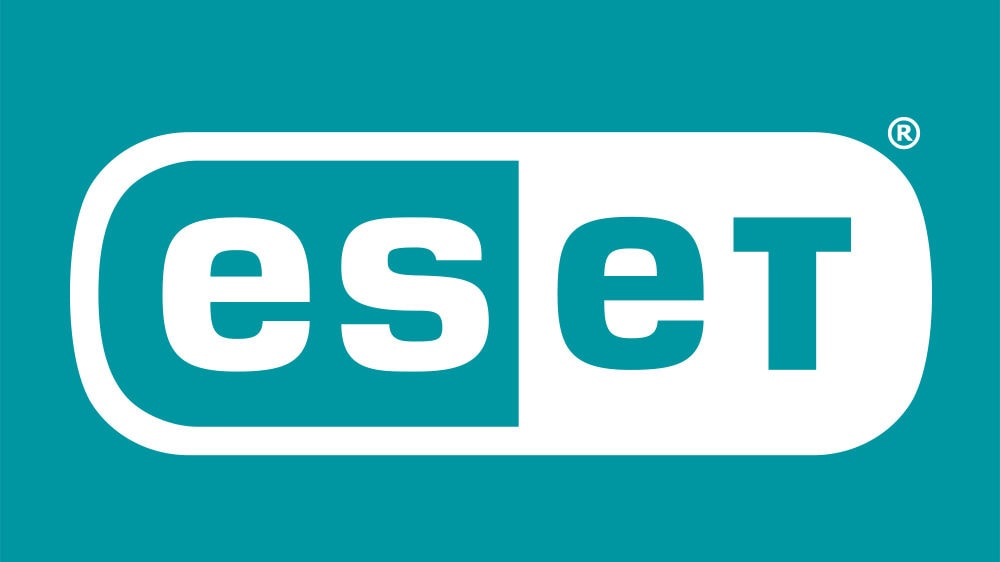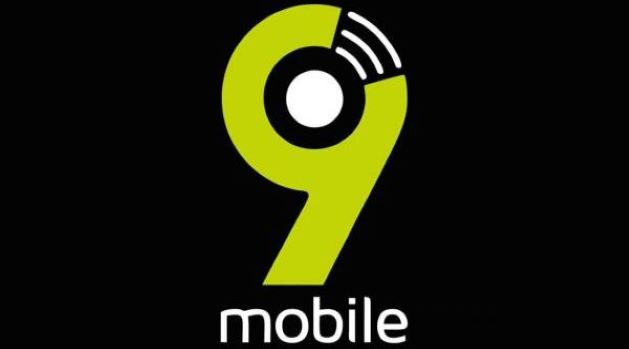Telecom
ESET Warns of Rising Online Scam Threat Amid EFCC’s Major Fraud Bust

ESET, a global leader in digital security, has provided insights on the rising threat of online scams.

In a significant operation earlier in the week, Nigeria’s anti-graft agency, the Economic and Financial Crimes Commission (EFCC), conducted a large-scale raid on the Big Leaf Building in Lagos, identified as a key hub for fraudulent activities.
According to EFCC’s account, 792 individuals were arrested during the operation, including 148 Chinese and 40 Filipino nationals, all suspected of involvement in a global fraud network.
The suspects are alleged to have operated a complex scam ring that deceived victims through fraudulent romance offers and cryptocurrency investment schemes.
The Big Leaf Building served as the central location for a call center operation, primarily targeting individuals from the Americas and Europe.
The Nigerian accomplices-initiated contact with victims, while foreign nationals managed the deceptive schemes, coercing victims into transferring funds.
During the raid, the EFCC seized computers, mobile phones, and vehicles. Authorities are now collaborating with international law enforcement agencies to investigate potential connections to larger organized crime syndicates.
This operation represents a significant step in combatting the escalating threat of online fraud and transnational criminal activity.
In a media briefing held on Monday, December 16th, 2024, at the EFCC Lagos office, Wilson Uwujaren, the director of Public Affairs, revealed that Nigerian accomplices were recruited to target victims through phishing campaigns, utilizing platforms such as WhatsApp, Instagram, and Telegram.
Reacting to the development, Mr. Olufemi Ake, ESET’s managing director for West Africa, emphasized that fraudsters often use dating sites and social media to assume false identities, making it increasingly difficult to detect their deceptive tactics.
These criminals frequently employ psychological manipulation and advanced artificial intelligence to build trust with their victims, further complicating efforts to catch them.
Ake also noted that many of the Nigerian suspects involved in these fraudulent activities were unaware of the true identity of their employers, as they did not receive official letters of appointment or payments from corporate accounts.
This, he argued, highlights the need for employees to regularly vet their employers’ operations to avoid being ensnared in fraudulent schemes.
“As online criminals become more skilled at exploiting digital platforms, Ake advised individuals to remain cautious and informed to protect themselves from falling prey to increasingly sophisticated fraud tactics”, he said.
He recommended verifying identities through trusted channels, being skeptical of unsolicited investment opportunities, especially those involving cryptocurrencies, and ensuring that their devices are equipped with up-to-date cybersecurity applications. “If it seems too good to be true, it probably is,” Olufemi Ake concluded.
Telecom
Telcos Mull Introduction of Different Tariff Plans for Different States

Telecommunications operators in Nigeria are considering shifting from the current national tariff structure to a regional tariff regime that accounts for state-specific operational challenges.

They say this is because the challenges and costs of running their businesses vary significantly from state to state.
Currently, phone companies in Nigeria have a single national tariff for their services, meaning everyone pays the same amount no matter where they live.
However, the telcos argue that this system doesn’t account for the fact that some states have higher operating costs due to issues like attacks on their equipment and multiple taxes.
This proposal was discussed at the 7th edition of the Policy Implementation Assisted Forum (PIAFo) in Lagos, where industry leaders highlighted the need for a pricing model that reflects the ease—or difficulty—of doing business in each state.
Gbenga Adebayo, chairman, Association of Licensed Telecommunications Operators of Nigeria (ALTON), specifically pointed out that the high cost of doing business in some states is a major concern and increases their expenses. He suggested that if negotiating with certain states to reduce these costs is impossible, then the added expense of operating there should be reflected in the service prices in those areas.
“We may have to reconsider the issue of our national tariffs and look at regional tariffs. If you are aware that the cost of doing business is high in a particular state and it’s impossible to negotiate with them, factor the cost of deployment in those areas into the cost of providing services,” he said.
Tony Emoekpere, president, Association of Telecommunications Companies of Nigeria (ATCON), agreed that the current national tariff is unfair because operational costs are not the same across the country.
He believes that states that make it easier for telecom companies to operate should be rewarded, while those that create difficulties should see higher service costs.
Telecom
9mobile Denies Shutdown Rumours, Promises Improved Services

9mobile, telecommunications operator, has described as untrue the rumors suggesting that it has shut down its operations.

according to the telcos, these claims are entirely baseless and aimed at causing unnecessary panic among our valued subscribers, the mobile operator said in a statement.
“We understand that some customers have recently faced challenges, particularly with Mobile Number Portability (MNP), a service that enables seamless network switching.
“We want to clarify that 9mobile has never restricted customers from porting to other networks. We remain fully compliant with industry regulations and committed to delivering fair, transparent, and customer-focused services.
“While there have been temporary technical challenges affecting MNP, these issues have now been largely resolved. Some minor delays may still occur due to ongoing system optimizations, but we are actively working to ensure a smoother experience for all users.
“As a proudly Nigerian brand, we embody the resilient spirit of our people and remain steadfast in our commitment to overcoming challenges. We acknowledge the temporary service disruptions some customers may have experienced in different locations.
“However, we assure you that these disruptions are part of a broader transformation effort aimed at modernizing our infrastructure and improving overall service quality.
“Our ongoing investments in network upgrades and service expansion will soon yield significant improvements, ensuring reliable connectivity for individuals, businesses, and communities.
“We sincerely appreciate the patience and loyalty of our subscribers during this transition. While challenges exist, we are making significant progress and are confident that brighter days are ahead. We remain dedicated to providing exceptional service and keeping you connected to limitless opportunities”.
Telecom
TikTok and Truecaller Face NDPC Investigation Amid Data Protection Concerns

Nigeria Data Protection Commission (NDPC) has initiated an investigation into the data processing practices of Tiktok and Truecaller, following growing concerns about potential privacy violations.

Dr. Vincent Olatunji, the Chief Executive Officer of the NDPC, made the announcement today during a press conference in Abuja, where he also revealed the issuance of the Nigeria Data Protection Act – General Application and implementation directive (NDPC Act – GAID), 2025.
Dr Olatunji stated that the commission’s primary concern is how these platforms manage Nigerian users’ personal data, including potential breaches of consent, data sharing with third parties, and overall compliance with the Nigeria Data Protection Act (NDPA), 2023. He confirmed that the NDPC is actively investigating Tiktok and Truecaller’s data processing activities to ensure they comply with Nigeria’s data protection laws.
“The goal is to safeguard the privacy rights of Nigerians and hold organizations accountable for how they collect, store, and use personal data,” he added.
This investigation comes amid increasing scrutiny of global tech companies regarding data privacy, especially concerning how personal information is processed, stored, and transmitted beyond national borders.
The NDPC act – GAID, 2025, issued today, provides a detailed framework for implementing Nigeria’s data protection law, outlining compliance guidelines, enforcement mechanisms, and obligations for both public and private organizations.
Dr Olatunji emphasized that the directive aims to strengthen Nigeria’s digital economy by fostering trust in data governance while ensuring individuals’ rights to privacy are respected in accordance with international best practices.
He reiterated that companies operating in Nigeria must comply with the country’s data protection regulations or face regulatory actions, including fines and potential restrictions.
The NDPC has urged the public to report any data privacy violations and reaffirmed its commitment to transparency and due process in its investigations.
The commission noted that reporting data breaches has become more accessible through dedicated channels on its official website.

 General News3 days ago
General News3 days agoNigeria, Kenya among Nations Running out of HIV Drugs – WHO

 News3 days ago
News3 days agoNAFDAC Destroys over N1 Trillion Fake Drugs in Anambra

 Telecom3 days ago
Telecom3 days ago9mobile Denies Shutdown Rumours, Promises Improved Services

 Telecom3 days ago
Telecom3 days agoTikTok and Truecaller Face NDPC Investigation Amid Data Protection Concerns

 E-Business3 days ago
E-Business3 days agoVisa to Establish Data Centre in Nigeria to ‘Boost Digital Economy’

 E-Financial3 days ago
E-Financial3 days agoNigeria Still Open Crypto Business despite $80Bn Lawsuit against Binance – FG

 News3 days ago
News3 days agoBolt Shares the Spirit of Ramadan with Kano Drivers-Partners

 General News3 days ago
General News3 days agoNigeria to Launch $40 Million Fund for Tech Startups



























